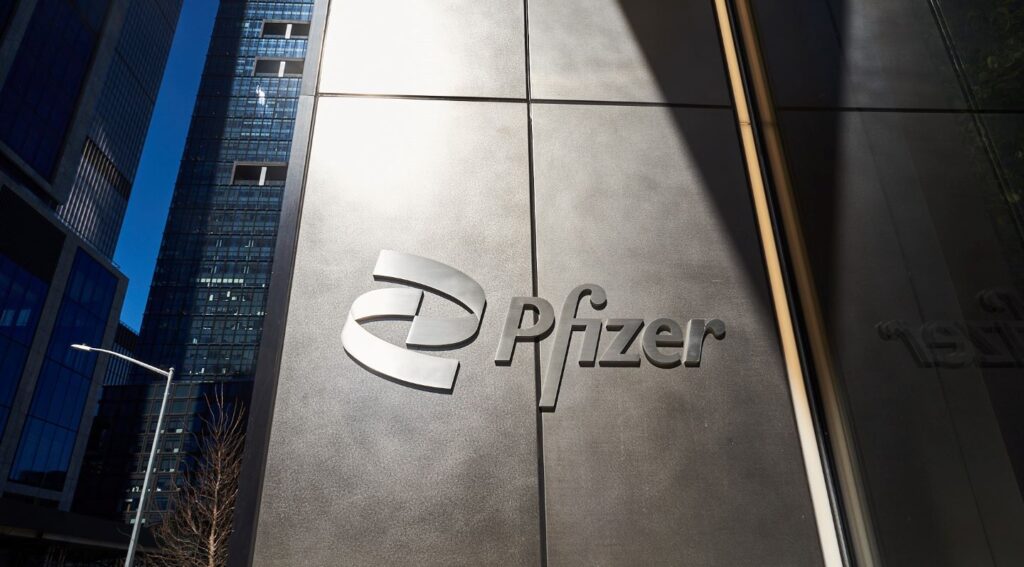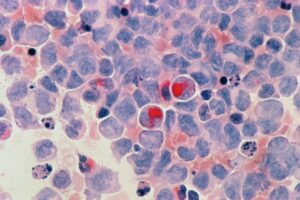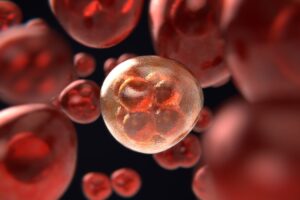The US Food and Drug Administration (FDA) has accepted the Biologics License Application (BLA) submitted by Pfizer for haemophilia B gene therapy, fidanacogene elaparvovec.

Pfizer made the FDA and EMA submissions based on the safety and efficacy findings from the Phase III BENEGENE-2 study of fidanacogene elaparvovec. Credit: Pfizer Inc.
Subscribe to our email newsletter
Intended to treat adult patients, fidanacogene elaparvovec is an investigational therapy that comprises a bio-engineered adeno-associated virus (AAV) capsid and a human coagulation Factor IX (FIX) gene variant.
Apart from this submission, the company has filed a marketing authorisation application (MAA) for the therapy in Europe. The application was accepted and is being reviewed by the European Medicines Agency (EMA).
Based on the safety and efficacy findings from the Phase III BENEGENE-2 study, the company made these filings.
According to the results, the study met the primary endpoint of non-inferiority and superiority in the annualised bleeding rate of total bleeds following gene therapy infusion compared with the prophylaxis regimen plus FIX.
Fidanacogene elaparvovec also demonstrated to be well-tolerated, with a safety profile in line with Phase I/II data.
Pfizer obtained the licence for gene therapy from Spark Therapeutics in December 2014.
Pfizer Global Product Development Oncology and Rare Disease chief development officer Chris Boshoff said: “Gene therapy marks a new era of scientific advancement, and if approved, we believe fidanacogene elaparvovec has the potential to transform the lives of people living with haemophilia B who are eligible for treatment.”
 Advertise With UsAdvertise on our extensive network of industry websites and newsletters.
Advertise With UsAdvertise on our extensive network of industry websites and newsletters.
 Get the PBR newsletterSign up to our free email to get all the latest PBR
news.
Get the PBR newsletterSign up to our free email to get all the latest PBR
news.

